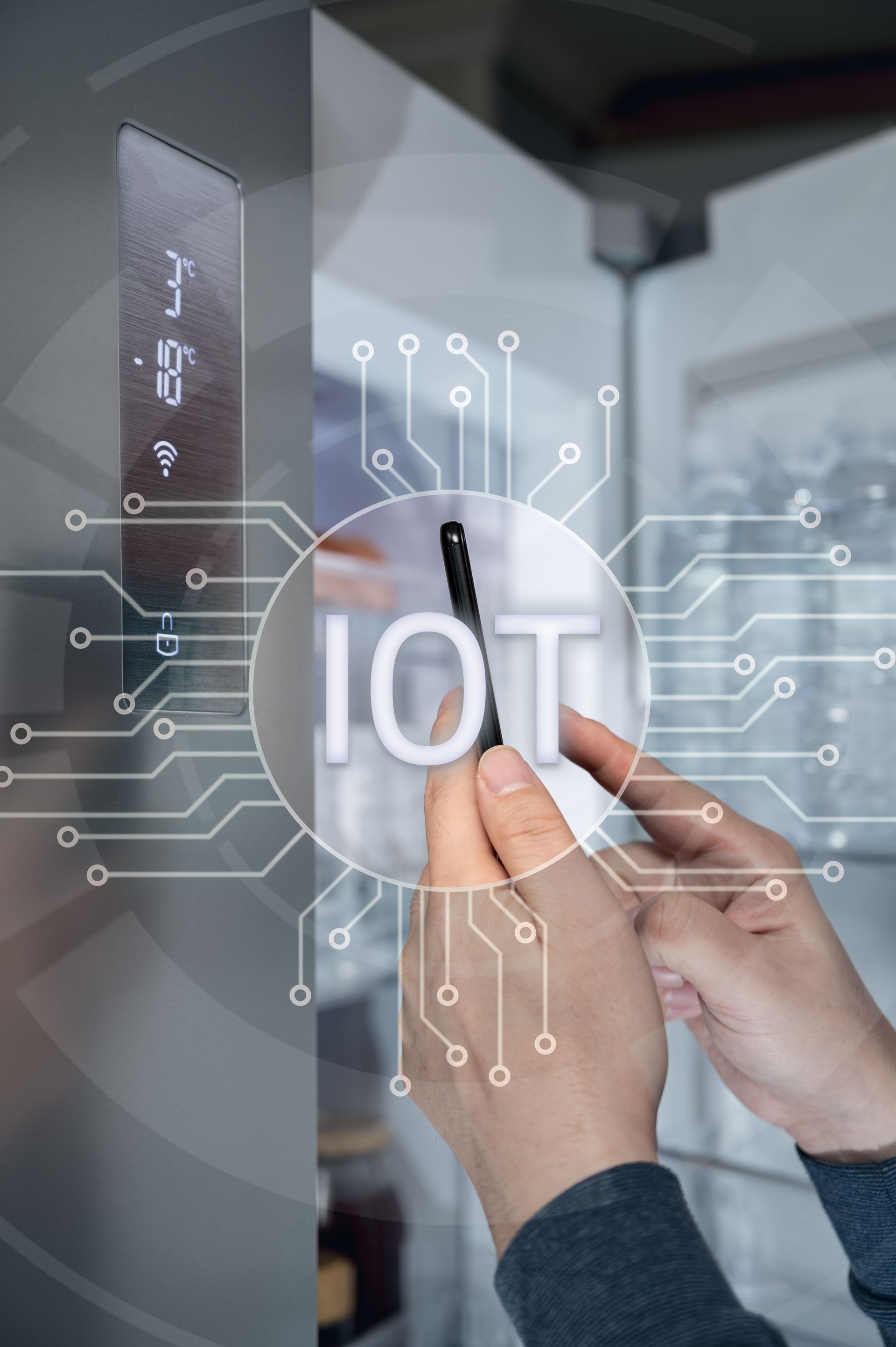Industrial Networking
industrial networking provides the essential infrastructure for digital transformation in industrial settings, enabling organizations to optimize operations, improve asset utilization, and drive innovation in the era of smart manufacturing and connected industries.
Industrial networking:
Empowering Industry 4.0 and Industrial IoT
Industrial networking refers to the infrastructure and technologies used to connect various devices, machines, and systems within industrial environments. Unlike traditional office networking, industrial networking is designed to withstand harsh conditions such as extreme temperatures, humidity, vibration, and electromagnetic interference commonly found in manufacturing plants, warehouses, and utility facilities.
These networks typically utilize ruggedized hardware, specialized protocols, and redundancy mechanisms to ensure reliable and secure communication between industrial equipment and control systems. Industrial networking plays a critical role in enabling automation, monitoring, and control of industrial processes, leading to increased efficiency, productivity, and safety.
Key components of industrial networking include
Ethernet, Fiber Optic, Wireless Mesh, Cellular (4G, NB-IoT), and LPWAN technologies, each offering unique advantages in terms of bandwidth, range, reliability, and power consumption. These technologies form the backbone of Industrial IoT (IIoT) and Industry 4.0 initiatives, enabling seamless connectivity and data exchange between machines, sensors, and cloud-based platforms for advanced analytics and decision-making.ectivity.yond.
Industrial Networking Solutions for the Future
Ethernet and Fiber Optic
Industrial Ethernet and Fiber Optic networks provide high-speed, reliable, and secure connectivity for industrial applications. With increased bandwidth and low latency, these technologies support real-time data transmission, enabling efficient control and monitoring of industrial processes.
Wireless Mesh and Cellular (4G, NB-IoT)
Wireless Mesh and Cellular networks offer flexible connectivity solutions for industrial environments, eliminating the need for wired infrastructure and enabling mobility and scalability. With support for 4G and NB-IoT standards, these wireless technologies provide reliable communication over long distances, even in remote or challenging locations.
LPWAN Networks
technology excels in providing low-power, wide-area connectivity for Industrial IoT deployments. With its long-range capability and low energy consumption, LoRaWAN networks enable cost-effective and scalable solutions for smart cities and industrial automation, covering a wide range of use cases.
Industrial Automation
Industrial networking facilitates seamless integration and communication among machines, sensors, and control systems, enabling automation of manufacturing processes, predictive maintenance, and remote monitoring and control.
Smart Cities
Industrial networking plays a crucial role in building smart cities by connecting various infrastructure components such as streetlights, traffic lights, waste management systems, and environmental sensors. This connectivity enables efficient resource management, enhanced public safety, and improved quality of life for citizens
Asset Tracking and Management
Industrial networking enables real-time tracking and monitoring of assets and equipment in industrial environments, optimizing inventory management, reducing downtime, and improving operational efficiency.
Energy Management
Industrial networking allows for real-time monitoring and control of energy consumption in industrial facilities, enabling organizations to optimize energy usage, reduce costs, and comply with sustainability goals.
Predictive Maintenance
By collecting and analyzing data from sensors and equipment, industrial networking enables predictive maintenance strategies, which help identify potential issues before they lead to costly downtime or equipment failures.
Environmental Monitoring
Industrial networking supports the deployment of environmental monitoring systems for tracking air and water quality, noise levels, and other environmental parameters in smart cities and industrial facilities, ensuring compliance with regulations and promoting sustainability.
Supply Chain Optimization
Industrial networking facilitates seamless communication and data exchange across the supply chain, enabling real-time inventory management, demand forecasting, and logistics optimization, leading to improved efficiency and reduced costs.
Remote Monitoring and Diagnostics
Industrial networking enables remote monitoring and diagnostics of equipment and systems, allowing for proactive maintenance and troubleshooting from anywhere, reducing the need for on-site visits and minimizing downtime.
WORKING TOGETHER







